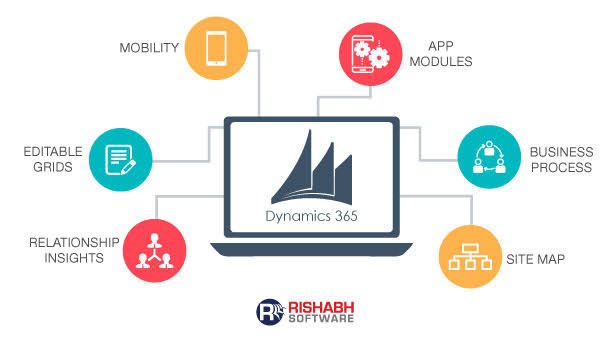How Casino Accounting Software Streamlines Financial Processes
Gaming establishments are always bustling with activity, and behind the lively expanse of casino floors, there is complex financial infrastructure at play. The unique nature of casino operations, with their vast and fast-paced monetary transactions, makes financial management a daunting task. This is where specialized Casino Accounting Software becomes indispensable, particularly in streamlining intricate financial processes.
The Role of Casino Accounting Software
Specialized accounting software tailored for casinos is designed to tackle all the financial challenges that the industry presents. This kind of software supports a broad spectrum of functions, including, but not limited to, detailed revenue tracking, jackpot and ticket validation, and compliance reporting. The goal is to streamline every finance-related process, ensure accuracy, and free up human resources for more strategic tasks.
Streamlining Revenue Tracking
Casino revenue streams are abundant and swiftly moving and often come from various channels such as gaming machines, table games, hospitality services, and retail operations. Casino accounting software is adept at tracking all these diverse and simultaneous revenue inflows. It logs, categorizes, and correlates every transaction, ensuring every cent is accounted for even in the flurry of casino activity.
Efficiency in Compliance and Reporting
Compliance is a cornerstone of casino operations, and given the stringent standards set by regulatory bodies, adhering to them is non-negotiable. Accounting software crafted for casinos comes equipped with reporting tools that align with regulatory requirements, automating the creation of needed reports and simplifying the submission process to governing agencies. Such efficiency minimizes human errors and curbs the risk of non-compliance penalties.
Automated and Error-Free Calculations
With the heavy volume of transactions that occur in a casino, manual calculations are not only cumbersome, but they’re prone to error. Casino accounting software automates these processes, ensuring that calculations regarding payouts, profits, and losses are error-free. Moreover, the high level of automation in routine tasks significantly boosts productivity and enables financial personnel to focus on interpreting data rather than just compiling it.
Integration with Other Systems
Casino accounting software’s full potential is realized when it works with other operational systems. Integration capabilities mean data flows seamlessly between floor operations, customer relationship management, inventory systems, etc. This interconnectedness is crucial in providing a holistic view of the casino’s financial well-being and supporting more informed operational decisions.
Enhanced Decision-Making Through Analytics
Modern casino accounting systems are embedded with analytical tools that crunch numbers to reveal pivotal insights for decision-making. This aspect of the software allows for a deeper understanding of profitability patterns, customer behavior, and potential areas for cost-saving. The analytics are a guiding light for strategic decisions that optimize operations and increase revenues.
Cost Reduction and Revenue Optimization
Ultimately, any business software aims to improve the bottom line. Casino accounting software excels in this aspect by detecting inefficiencies and pinpointing opportunities for cost reduction. Simultaneously, it analyzes revenue streams for potential improvements, ensuring that every opportunity for revenue optimization is capitalized on.
Security and Fraud Prevention
Security must be balanced in an environment that emphasizes substantial emphasis. Casino accounting software’s design incorporates robust security features that monitor transactions to prevent potential fraud. Real-time alerts and automated checks flag suspicious activities, protecting the casino’s financial assets.
Choosing the Right Casino Accounting Software
With many software options on the market, selecting the one that best fits a casino’s specific needs is critical. Key considerations in this decision-making process involve assessing the software’s capabilities for handling the volume of transactions typical of the establishment, its ease of use, customizability, integration options, and the level of support the vendor provides.
Conclusion
Casino Accounting Software is a luxury and necessary in the contemporary casino business landscape. It is a powerful ally in maneuvering the complexities of casino finances, improving operational efficiency, and maintaining meticulous compliance. For casinos aiming to uphold the highest financial management standards, investing in such software is an intelligent strategic move to ensure they remain competitive and profitable in a fast-paced industry.







